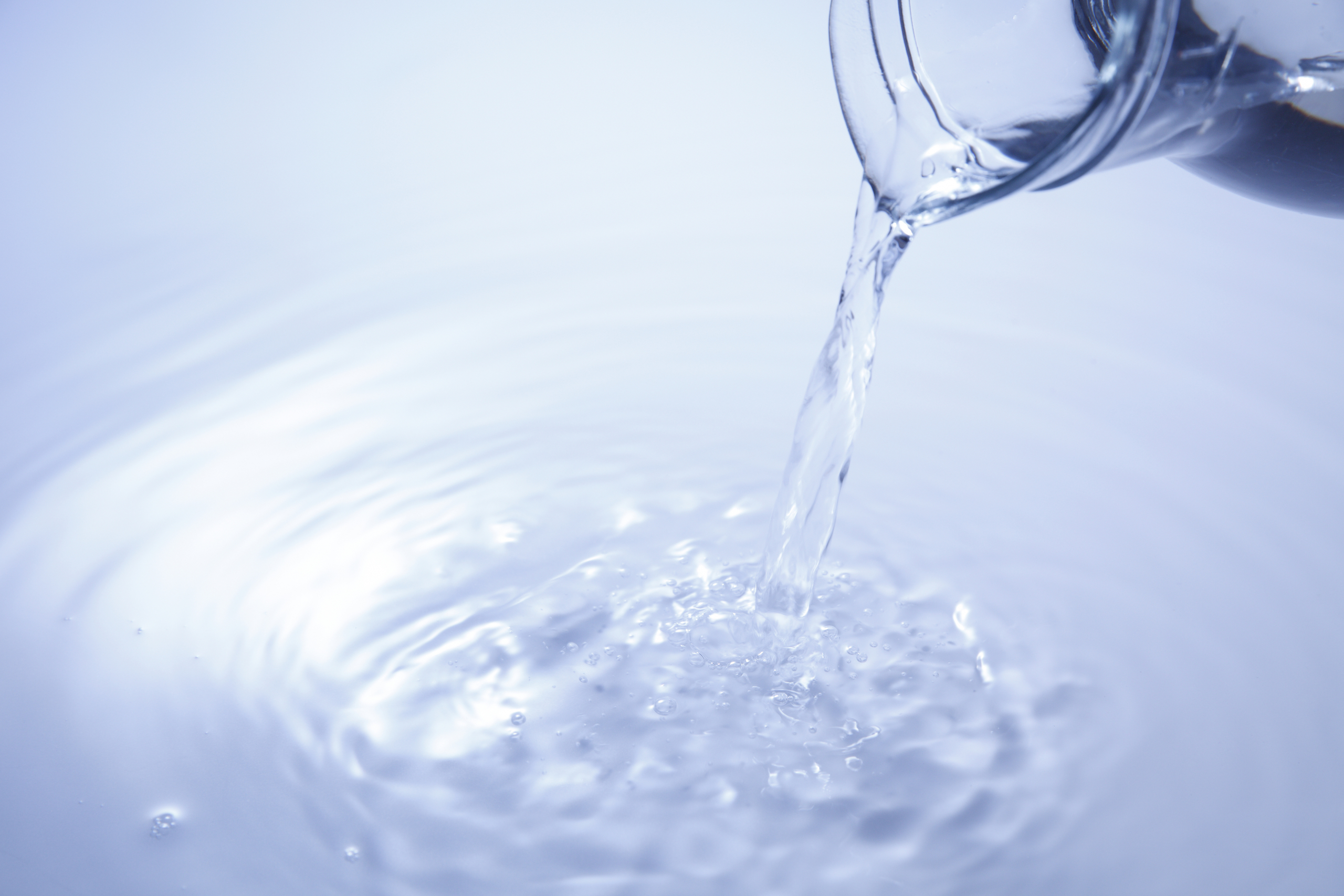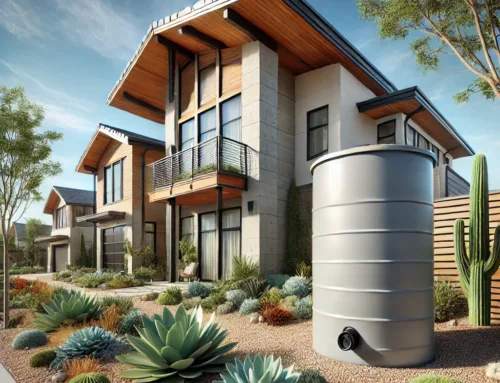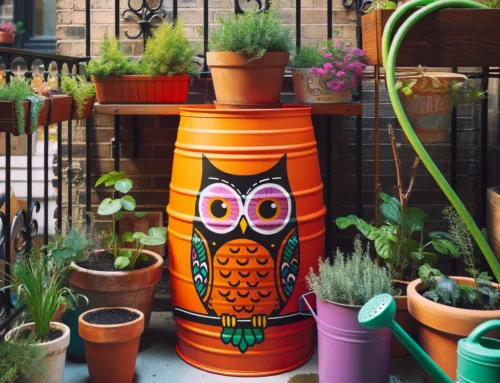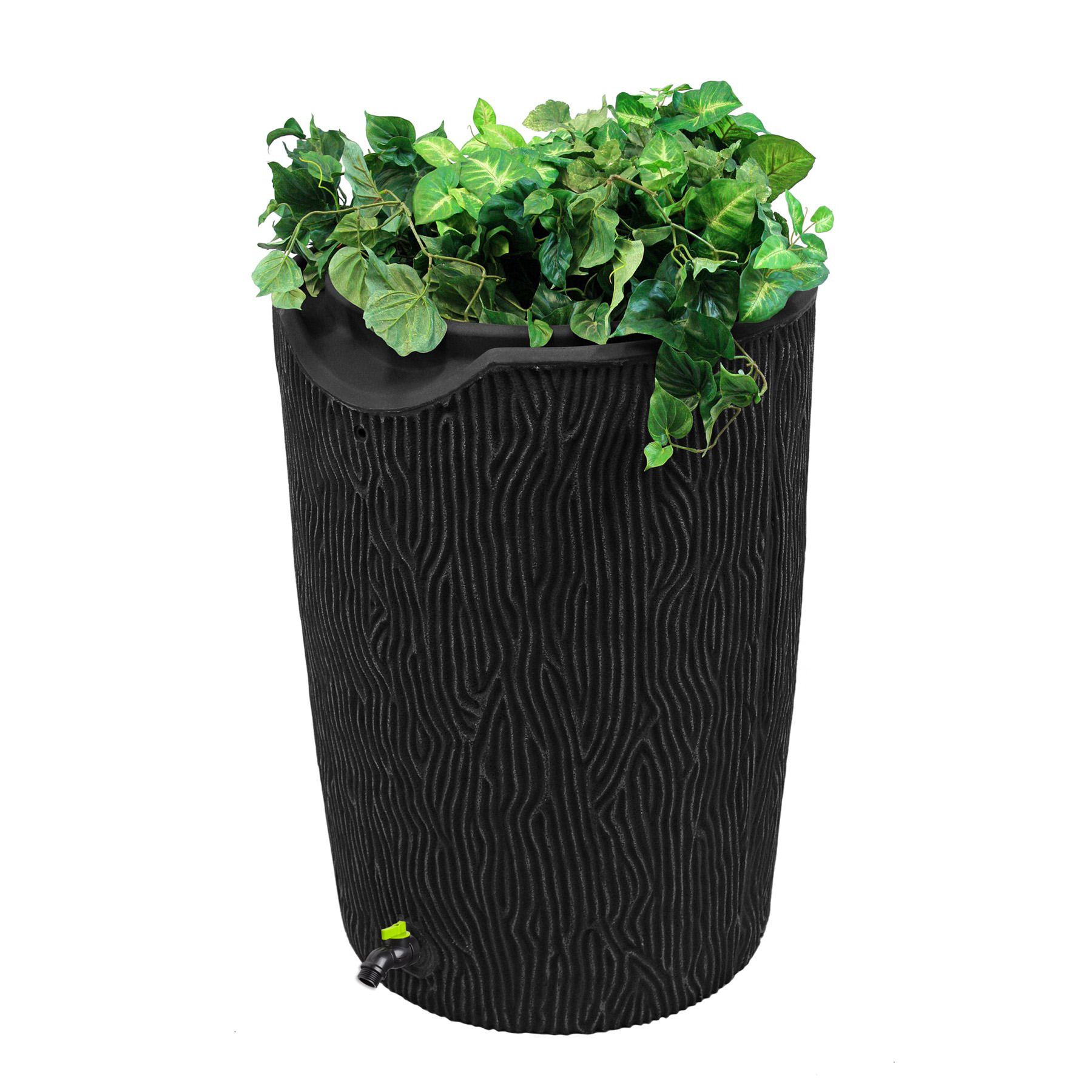Rainwater harvesting or reclamation is a process that involves collecting and storing rainwater for later use. It is an environmentally-friendly approach to water conservation that has numerous benefits for both homeowners and the planet. Nevada is a state that recognizes the value of rainwater reclamation and has specific rules governing its use.
Benefits of Rainwater Reclamation
One of the primary benefits of rainwater reclamation is that it reduces water bills. By collecting rainwater, homeowners can use it for a variety of purposes such as watering plants, washing cars, and flushing toilets. This reduces the demand for treated water, which in turn lowers the utility bill.
Another benefit of rainwater reclamation is that it reduces runoff. When it rains, water runs off the roof and into storm drains. This water can carry pollutants and debris that can harm the environment. By collecting this water, homeowners can reduce the amount of runoff and prevent pollution.
Rainwater is also beneficial for plants. It is free of chemicals, such as chlorine and fluoride, that are commonly found in treated water. This makes it a healthier option for plants and can result in more robust growth.
Rules for Rain Collection in Nevada
Nevada has specific rules regarding the collection and use of rainwater. These rules are in place to ensure that water resources are used sustainably and that the environment is protected.
In Nevada, homeowners are allowed to collect up to 50,000 gallons of rainwater per year. This water can only be used for non-potable purposes, such as irrigation, landscaping, and cleaning. It cannot be used for drinking, bathing, or cooking.
To collect rainwater in Nevada, homeowners must have a permit from the Nevada Division of Water Resources. The permit application requires information about the size of the collection system, the intended use of the water, and the location of the collection system.
Homeowners must also ensure that their collection system is properly installed and maintained. The system must be designed to prevent contamination and must be cleaned regularly to prevent the buildup of sediment and debris.
In addition, homeowners must be aware of the potential for mosquito breeding. Standing water can provide an ideal breeding ground for mosquitoes, which can carry diseases such as West Nile virus. To prevent mosquito breeding, homeowners should ensure that their collection system is properly covered and that any standing water is treated with mosquito dunks.
Conclusion
Rainwater reclamation is an excellent way for homeowners to reduce their water bills, protect the environment, and promote healthy plant growth. In Nevada, homeowners can collect up to 50,000 gallons of rainwater per year for non-potable purposes with a permit from the Nevada Division of Water Resources. By following the rules and best practices for rainwater collection, homeowners can reap the benefits of this sustainable and eco-friendly approach to water conservation.






